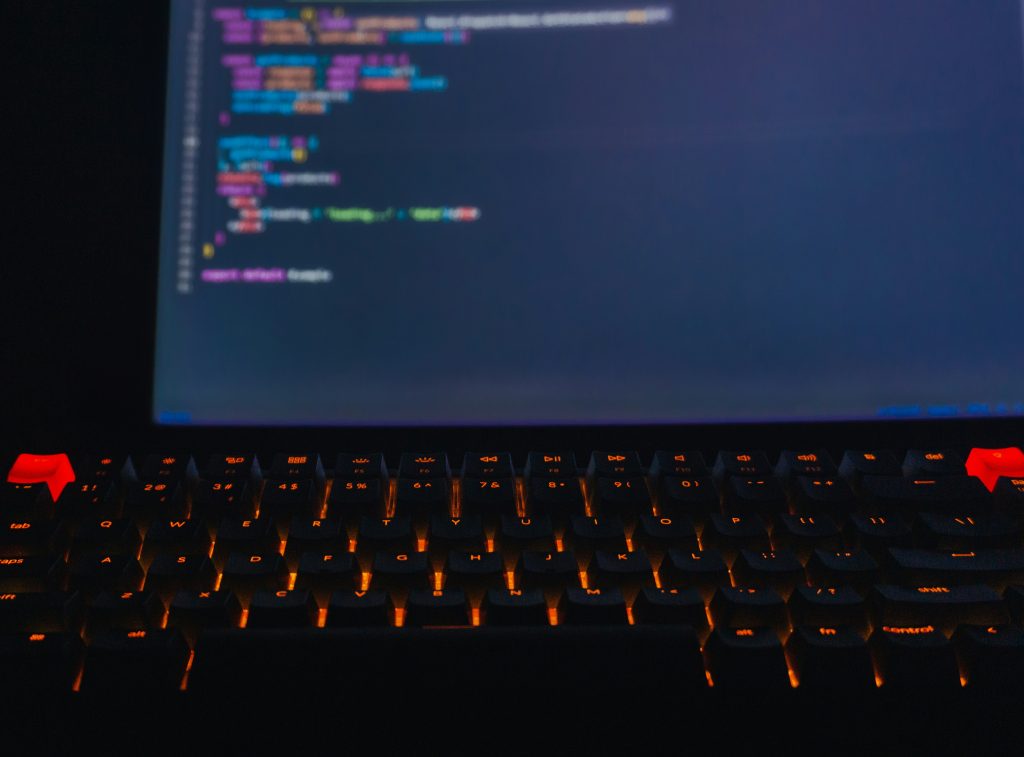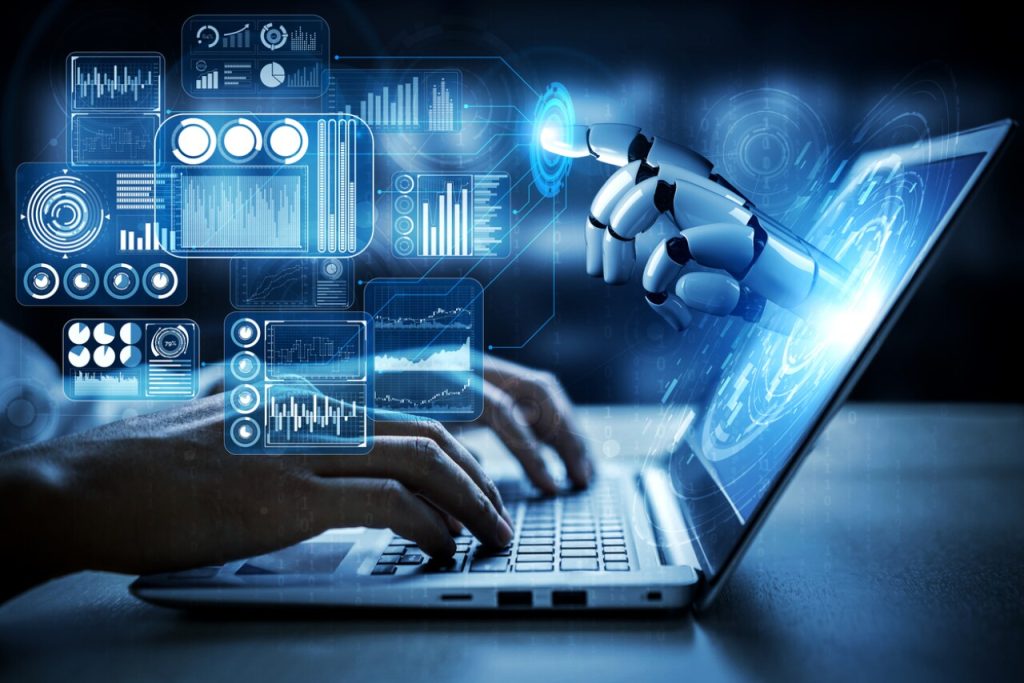Artificial intelligence (AI) has shifted from a vision of a distant future to an active tool that redefines remote work. From virtual assistants that optimize schedules to intelligent collaboration platforms that facilitate communication, this technological advancement is significantly boosting team productivity and efficiency. By automating repetitive tasks and offering more optimized insights, AI frees remote professionals to focus on strategic and creative work, shaping a more flexible and powerful future for remote work.
However, this transformation also raises crucial questions about the future of employment and the need to adapt to a constantly evolving work landscape. Training in new skills, a deep understanding of AI’s capabilities and limitations, and what the dynamics of its implementation don’t create, connect some fundamental aspects to ensure an equitable and beneficial transition for all. This raises a natural concern about whether a machine will be able to surpass human vision at work, or whether companies will prioritize technology over human talent. However, the perspective suggests that true optimization is based on complementing technology with critical thinking and human knowledge.
Ultimately, the connection between human intelligence and artificial intelligence holds the potential to unlock levels of productivity and collaboration. It also helps strengthen communication with others around the world and the exchange of new ideas or goals for the company we currently work for, or personally, that help us improve in various aspects. So, we can summarize that in the field of remote work, as long as the challenges inherent in this technological revolution are proactively addressed, it will be of great benefit to everyone.


